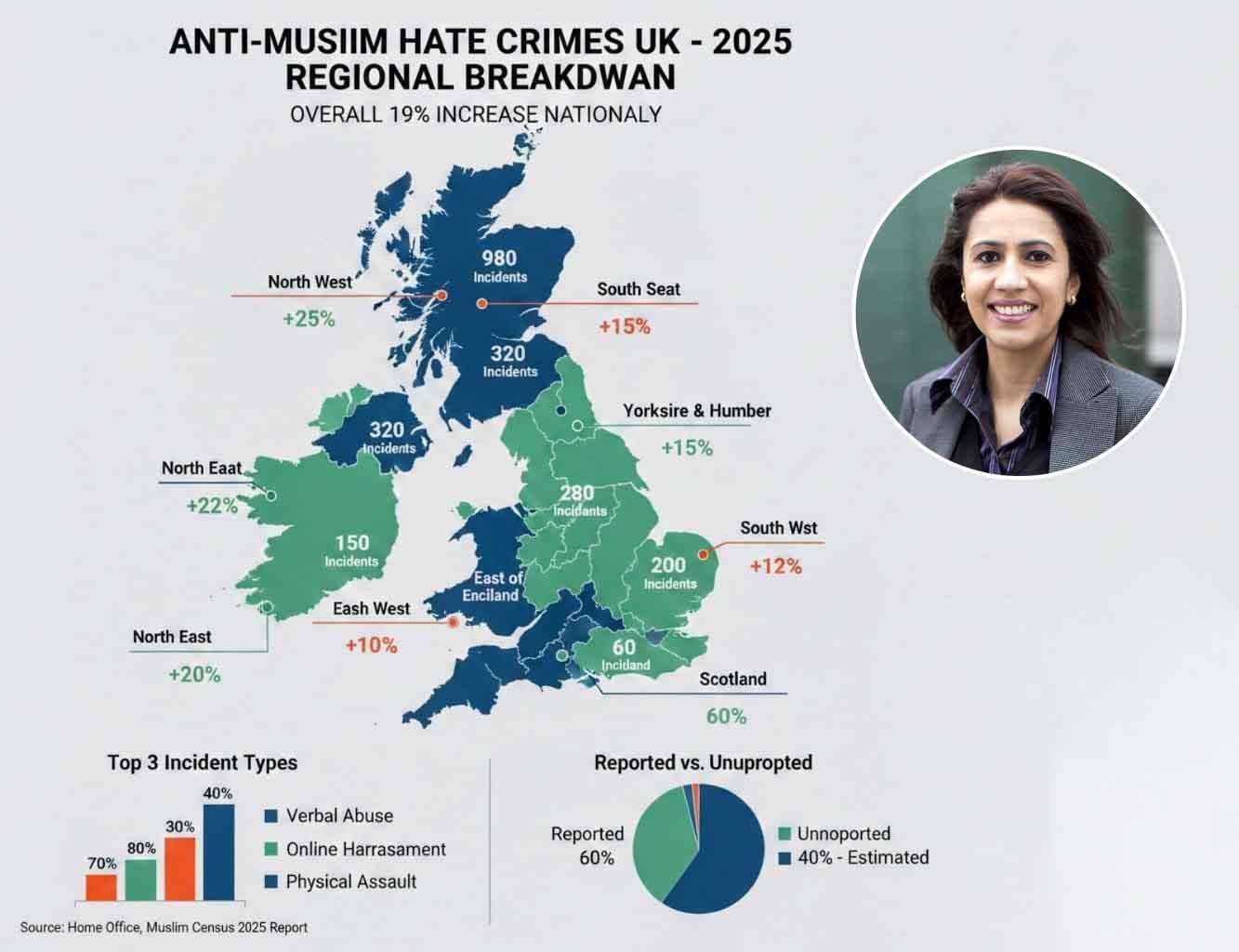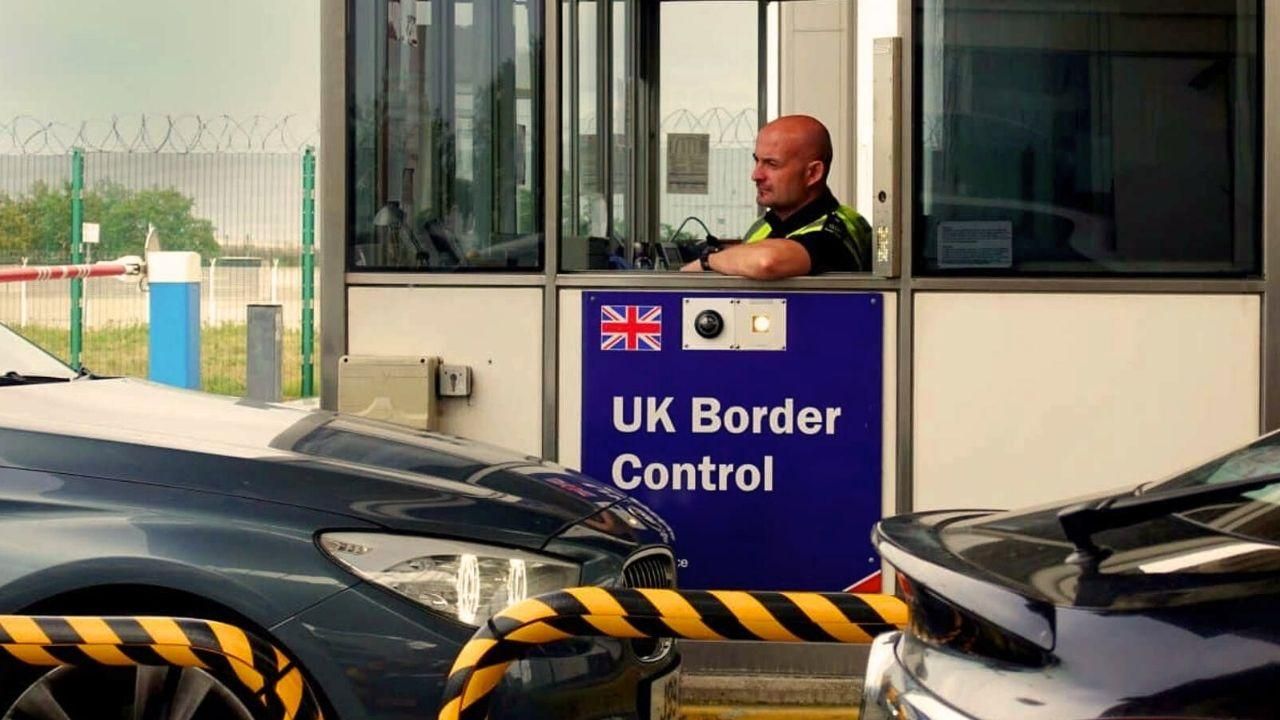The immigration debate heats up as Labour gains power, forcing us to weigh the advantages and disadvantages. Will Labour's changes achieve the proper balance?
End to Free Movement
With its confirmation that it will not restore free movement within the EU, Labour may cut back on immigration from Europe. Opponents claim that this might make the labor crisis worse, especially in industries like agriculture and healthcare. What effects might this have on your industry or community?
Strengthened Border Measures
Labour intends to strengthen border security in order to more successfully tackle illegal immigration. Some believe that these procedures, while intended to secure borders, could be overly stringent and jeopardize the protection of legitimate asylum seekers. Do you think a nation is safer with tighter borders, or do you think they run the risk of being overly restrictive?
Asylum System Reform
The Labour government intends to make the asylum process more efficient and humane. However, critics worry about the feasibility of these reforms, given past government struggles with immigration system overhauls. Could these changes improve the system, or do they risk further complications?
Economic Role of Immigration
Labour recognises the positive economic impact of immigration, particularly in critical sectors. Some critics, however, fear that too liberal an approach might strain public services. What balance should be struck between welcoming necessary skills and ensuring resource availability?
Family Reunion
Plans to ease family reunions for settled immigrants aim to strengthen community ties. Critics argue that without strict controls, this could lead to higher immigration numbers than anticipated. How important is family reunification in the context of immigration policy?
Regional Immigration Strategies
Labour is considering regional immigration quotas to ensure even distribution across the UK. This could face criticism for potentially complicating the integration process and creating logistical challenges. Is regional dispersal of immigrants a solution to local economic needs or a recipe for new problems?
Student Visa Accessibility
Increasing the accessibility of student visas is a Labour goal to boost educational sector diversity and revenue. Critics contend that this could lead to visas being overstayed. Should the educational sector be leveraged as a means to manage immigration?
High-Skilled Immigration
Labour aims to attract more high-skilled immigrants to stimulate innovation and economic growth. The criticism often centres on whether these policies will actually fill gaps in the labour market or exacerbate wage stagnation. How should the UK balance its need for skilled workers with the protection of local jobs?
Treatment of Illegal Immigrants
Labour’s policies propose more humane treatment of illegal immigrants, focusing on integration rather than detention. This has been criticised by those who argue it might encourage illegal immigration. What are the moral and practical considerations of such a policy?
Criticism of Tory Policies
Labour has been vocal in criticising the Tories’ ‘hostile environment’ policies, promising a more compassionate approach. However, detractors question whether Labour can practically implement a kinder strategy without compromising control. Reflecting on past Tory policies, what lessons should Labour learn to avoid similar pitfalls?
Integration Programmes
Proposed enhancements to immigrant integration programmes aim to aid social and economic inclusion. Critics, however, see these as potentially underfunded and overly ambitious. How crucial is integration to the success of immigration policy?
Public Services and Immigration
Labour contends that managed immigration will relieve public service pressures by filling employment gaps. Critics worry about the initial strain on services. How can immigration be managed to truly benefit public services?
Detention and Deportation Adjustments
Adjustments to detention and deportation protocols are intended to be fairer and more transparent. However, these adjustments are often seen as being soft on illegal immigration. What is the right approach to managing individuals who are in the UK illegally?
Economic Contributions vs. Costs
Labour highlights the economic contributions of immigrants but faces criticism regarding the costs associated with integration. Can economic contributions of immigrants outweigh their costs?
Cultural Diversity Benefits
Labour promotes the cultural benefits of diverse immigration, yet there are concerns about social cohesion. Can cultural diversity be fostered in a way that enhances social cohesion?
Business and Entrepreneurial Impact
The party aims to encourage immigrant entrepreneurs, which could revitalise certain sectors. Skeptics argue this might disadvantage local entrepreneurs. How should policies balance support for immigrant and local businesses?
Changes in International Asylum Rules
International changes in asylum laws could impact Labour’s immigration policies. While aiming to comply, the UK may face challenges in adapting. How flexible should UK immigration laws be in response to international changes?
Long-term Strategy and Public Opinion
Labour’s long-term immigration strategy will need to adapt to shifting public opinions and economic conditions. The criticism here revolves around the potential disconnect between political promises and public expectations. How should Labour’s immigration policies evolve in response to public sentiment and economic needs?
What Does “Worse” Mean to You?
The direction Labour takes with immigration could be seen as better or worse, depending on personal perspectives and priorities. What aspects of immigration policy are most important to you? Consider how changes in policy might affect those areas as you evaluate the potential impacts of Labour’s governance on immigration.








.svg)


